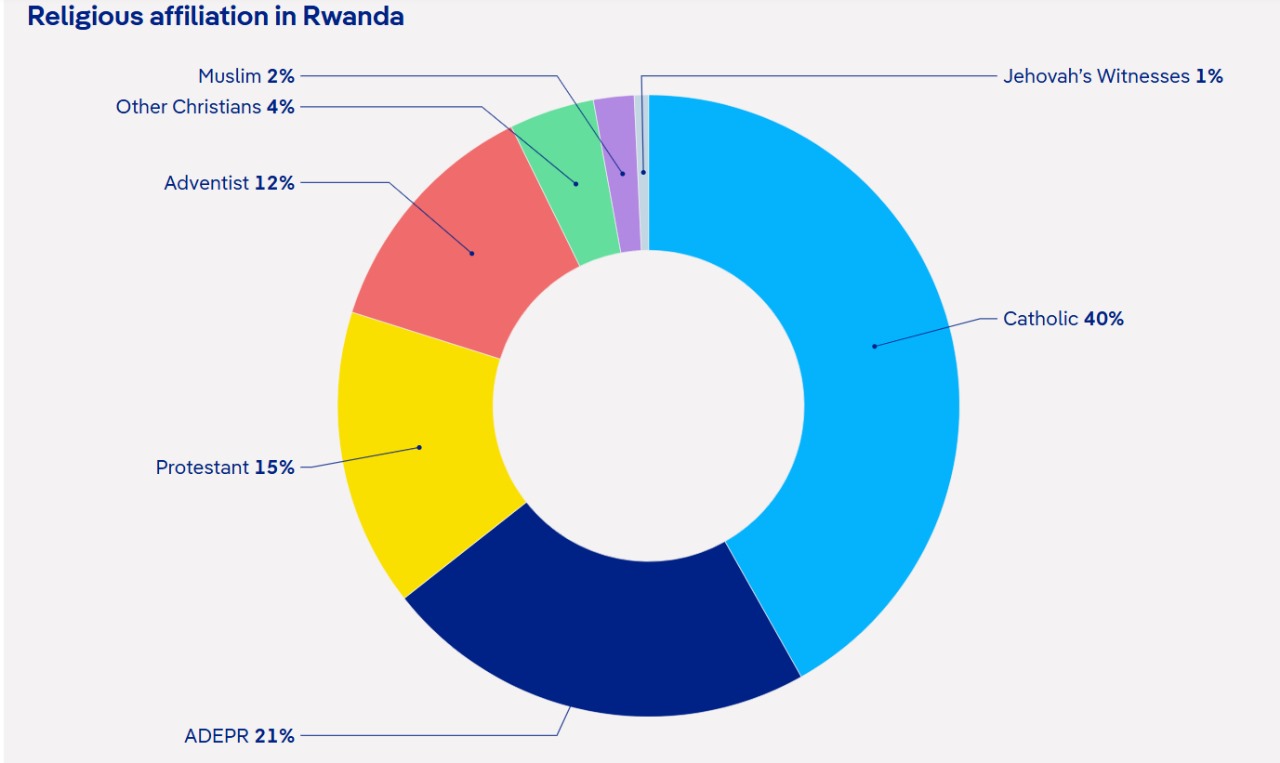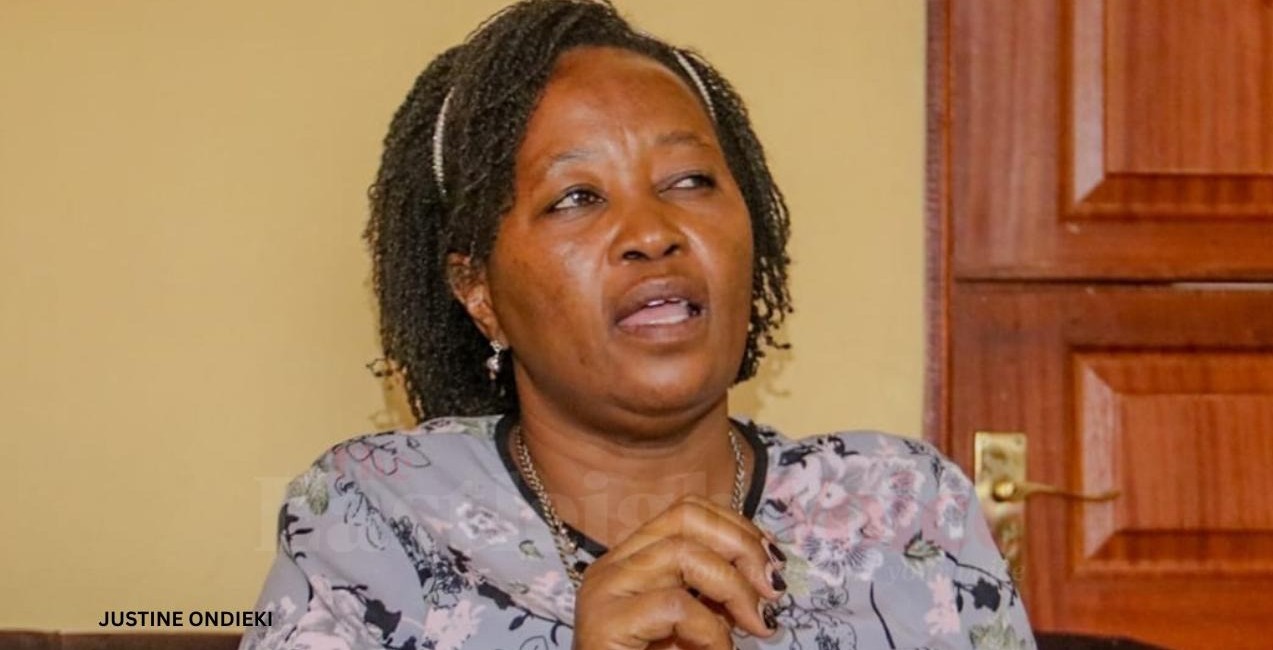Rwanda plans church tax to stop 'rogue' pastors

President Paul Kagame has accused some churches of "squeezing money" from poor Rwandans. Authorities have closed thousands of churches for non-compliance.
Every Sunday in Kigali, the capital of Rwanda, smartly dressed Christians gather at their respective churches to attend services. Singing, praying, listening to sermons and giving offerings — mostly cash — are integral to these worship sessions.
Whatever amount is raised from the offerings is typically used to pay bills for running the church and salaries for those who serve the congregation. Until now, churches in Rwanda have been exempt from paying taxes.
More To Read
- Rwanda to name 40 baby gorillas in September
- Rwanda agrees to take 250 migrants deported from US in bid to deepen ties with Washington
- Rwanda Parliament dismisses 'unfounded allegations' by Congo house speaker
- DRC and Rwanda hold first joint oversight meeting to advance peace deal
- Kagame lauds Aliko Dangote’s push for African-led development
- AfDB powers regional growth with Sh67.7 billion clean energy investment in Tanzania, Rwanda and Zambia
However, if a plan by Rwanda's government goes through, churches could be mandated to pay tax on the offerings. The Rwanda Governance Board, the country's agency tasked with regulating religious organisations, has reportedly finished drafting a bill that could soon be tabled in parliament.
According to Rwanda's 2022 census, more than 90% of the country's population identify as Christian. However, the mushrooming of Pentecostal churches, which many critics have accused of targeting the poor by preaching the "prosperity gospel," led to Kagame's crackdown.
'Streamline' churches, rather than tax them
"The problem we have is that religion has got so many problems," Marie Louise Uwimana, a lawyer and activist, told DW. "But I think offertory and tithe [giving of 10% of earnings] in churches should not be taxed," said the 39-year-old, adding that such money goes into doing the Lord's work like paying church workers and giving allowances to pastors.
"Rather than tax churches, the government should put up regulations and laws that can streamline this sector to avoid some church leaders extorting unsuspecting and innocent churchgoers," she added.
The Rwanda Governance Board has shut down nearly 8,000 churches and mosques following an evaluation process. It said many churches had failed to meet infrastructural standards, such as safety protocols, while some were allegedly operating illegally.
 Source: National Institute of Statistics of Rwanda (NISR). DW
Source: National Institute of Statistics of Rwanda (NISR). DW
Kagame has long sought to regulate the church, accusing some rogue pastors of enriching themselves as they "squeeze even the last penny from poor Rwandans."
So, is the Rwandan government's decision to hold churches accountable justified, or is it an overreach?
"In a way, the government has crossed a borderline when it comes to freedom of worship and expression," said Mugisha. "There is always a rationale for everything, for example, [the government] says that the church is controlling and confusing people."
The Rwandan government also wants religious leaders to attain at least a bachelor's degree before they are allowed to stand at the pulpit.
The Catholic Episcopal Conference of Rwanda did not respond to a request for comment by the time of publication.
 Kagame has said some churches are extorting 'poor Rwandans'. REUTERS
Kagame has said some churches are extorting 'poor Rwandans'. REUTERS
Other Topics To Read
'Idea might be good, but how will it implemented?'
"The idea of taxing churches will not work," Charles Kamanzi, a university student, told DW. "The government intends to curb extortion by these church leaders and particular churches that are getting a lot of money from these people. The idea might be good, but how will it implemented?"
Kamanzi argued that churches like the Catholic, Protestant and other mainstream religions have schools, hospitals and other public interest projects they run.
"Will they also be taxed? I think not. That brings in some inequalities in taxation, so who will be taxed? It's very hard to understand," the 24-year-old said, adding the whole idea shows the government's failure to regulate these churches.
"When people join religious groups, it's not just about manipulation but because of their faith," said Mugisha, stressing that attacking people's faith "means curtailing a very special freedom that they have."
Top Stories Today













































